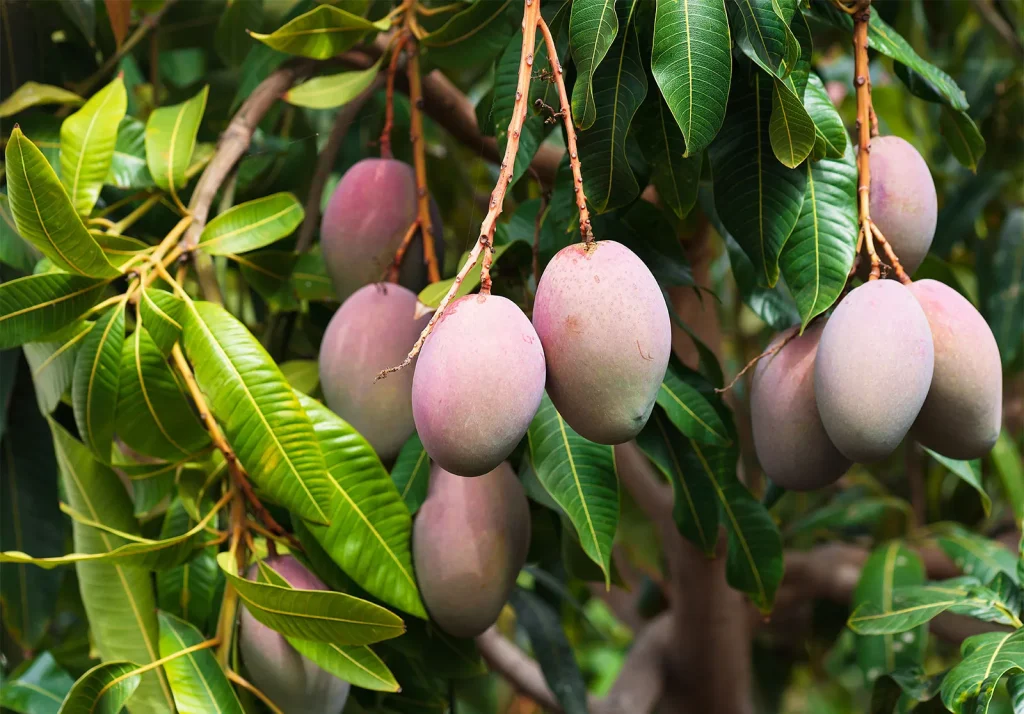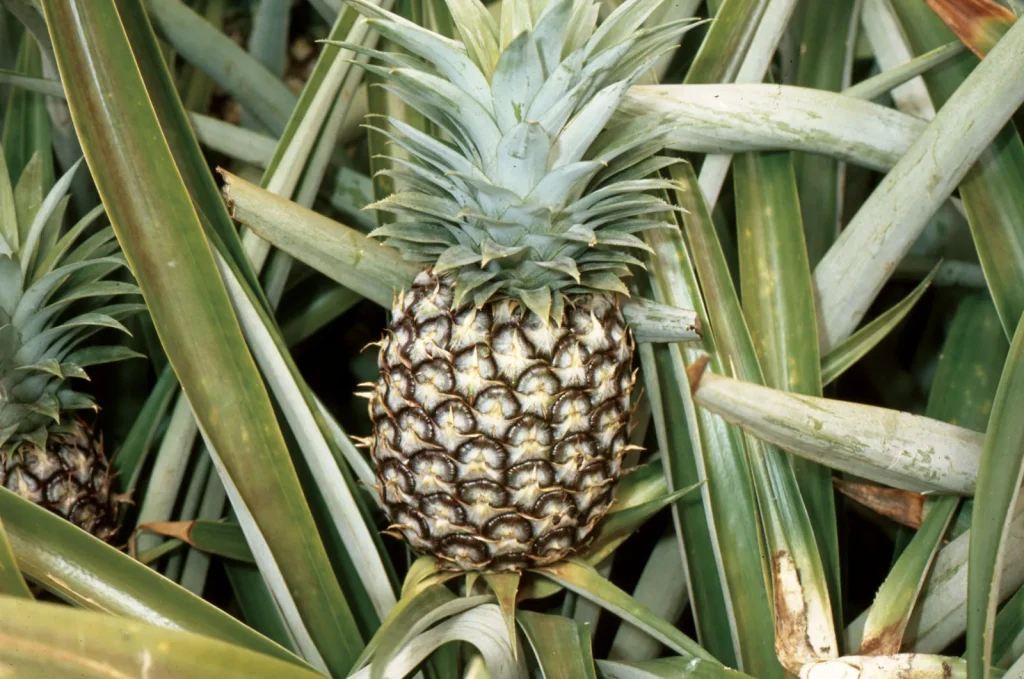Lychee, often referred to as the “king of fruits” in Southeast Asia, is a tropical delight that has captivated the taste buds of people around the world. With its translucent, sweet, and juicy flesh wrapped in a rough, pink-red shell, lychee is a unique fruit that offers a burst of flavor with every bite. Not only is it delicious, but it also comes packed with a host of health benefits. In this blog post, we will explore the fascinating history of lychee, its nutritional profile, health benefits, various uses, and why it has become a favorite for fruit enthusiasts.
The History and Origin of Lychee
Lychee (Litchi chinensis) is believed to have originated in the tropical and subtropical regions of China. Historical records show that the fruit has been cultivated in southern China for over 2,000 years, where it was a favorite delicacy among Chinese royalty. The fruit was so highly valued that emperors would order it to be transported over great distances for their enjoyment.
From China, the cultivation of lychee spread to other parts of Southeast Asia, including Thailand, Vietnam, and India. By the 17th century, lychee had made its way to other parts of the world, including the Philippines and Madagascar. It was introduced to the Americas in the 19th century, and today, lychee is grown in warm climates across the globe, including Florida, Hawaii, and parts of Central and South America.
The lychee tree is evergreen, with a dense, rounded canopy of glossy green leaves. It can grow up to 40 feet tall and thrives in warm, humid climates with plenty of rainfall. The tree produces clusters of small, fragrant flowers that eventually develop into the distinctive lychee fruit.
Varieties of Lychee
There are several varieties of lychee, each with its own unique characteristics. Here are some of the most popular ones:
1. Sweet Heart Lychee
This variety is known for its large size and sweet, juicy flesh. The Sweet Heart lychee has a small seed, which makes it a favorite among consumers. It is one of the most popular varieties in the United States.
2. Mauritius Lychee
The Mauritius lychee is known for its distinct flavor and slightly tart taste. It has a vibrant red shell and a medium-sized seed. This variety is commonly found in Asia and is also grown in some parts of the Americas.
3. Brewster Lychee
Brewster lychees are medium to large in size and have a tart, sweet flavor. They are typically harvested in the early part of the lychee season and have a reddish-brown skin when ripe.
4. Emperor Lychee
True to its name, the Emperor lychee is one of the largest varieties, with a thick, bumpy skin. It has a sweet, aromatic flavor and a very small seed, making it highly prized in the market.
Nutritional Profile of Lychee
Lychee is not just a delicious fruit; it is also packed with essential nutrients. Here is a look at the nutritional benefits of lychee:
1. High in Vitamin C
Lychee is an excellent source of vitamin C, which is essential for boosting the immune system, promoting skin health, and acting as an antioxidant to protect the body from harmful free radicals. One cup of lychee provides more than 100% of the recommended daily intake of vitamin C.
2. Rich in Antioxidants
Lychee contains polyphenols and flavonoids, which are powerful antioxidants. These compounds help reduce inflammation, protect the body against oxidative stress, and may lower the risk of chronic diseases like heart disease and cancer.
3. Contains Potassium
Lychee is a good source of potassium, an essential mineral that helps regulate blood pressure, supports heart health, and maintains proper muscle and nerve function.
4. Provides Dietary Fiber
Lychee contains dietary fiber, which is beneficial for digestive health. Fiber helps promote regular bowel movements, reduce constipation, and support a healthy gut microbiome.
5. Low in Calories
Lychee is relatively low in calories, making it a great choice for those looking to enjoy a sweet treat without consuming too many calories. A 100-gram serving of lychee contains just about 66 calories.
Health Benefits of Lychee
The unique blend of vitamins, minerals, and antioxidants in lychee makes it a powerful fruit for promoting overall health. Here are some of the key health benefits of consuming lychee:
1. Boosts Immune System
The high vitamin C content in lychee helps strengthen the immune system, making the body more resistant to infections and illnesses. Regular consumption of lychee can help protect against common colds, flu, and other viral infections.
2. Promotes Heart Health
Lychee contains antioxidants like polyphenols and flavonoids that help protect the heart by reducing inflammation and preventing oxidative damage to blood vessels. Additionally, the potassium in lychee helps regulate blood pressure and reduce the risk of heart-related issues.
3. Aids in Digestion
The dietary fiber in lychee aids in digestion by promoting regular bowel movements and preventing constipation. The fiber also helps maintain healthy gut bacteria, which is essential for proper digestion and overall gut health.
4. Supports Skin Health
The antioxidants in lychee, particularly vitamin C, help protect the skin from damage caused by UV rays and environmental pollutants. Vitamin C also plays a key role in collagen production, which helps maintain skin elasticity and reduces the appearance of wrinkles.
5. Anti-Inflammatory Properties
The polyphenols in lychee have been shown to have anti-inflammatory effects, helping to reduce inflammation throughout the body. This can be beneficial for individuals suffering from chronic inflammatory conditions like arthritis.
6. May Help with Weight Management
Lychee is low in calories and fat, making it a great option for those looking to manage their weight. Its fiber content also helps promote satiety, reducing the likelihood of overeating.
Culinary Uses of Lychee
Lychee’s sweet, floral flavor makes it a versatile ingredient in various culinary applications. Here are some popular ways to enjoy lychee:
1. Fresh Lychee
The simplest way to enjoy lychee is to eat it fresh. Simply peel the outer shell, remove the seed, and savor the juicy flesh. Fresh lychee is a perfect snack on its own or can be added to fruit salads.
2. Lychee Juice
Lychee juice is a popular beverage, especially in tropical regions. The sweet, fragrant juice is refreshing on a hot day and can be enjoyed on its own or mixed into cocktails, smoothies, or mocktails.
3. Lychee Sorbet and Ice Cream
Lychee’s sweet flavor lends itself well to frozen desserts like sorbet and ice cream. The fruit’s natural sweetness and floral notes make for a delicious, refreshing treat.
4. Lychee in Desserts
Lychee is often used in a variety of desserts, such as cakes, tarts, and puddings. It pairs well with other tropical fruits like mango, coconut, and pineapple, creating delightful and exotic flavor combinations.
5. Lychee in Savory Dishes
In Asian cuisine, lychee is sometimes used in savory dishes, adding a sweet contrast to spicy and salty flavors. It can be incorporated into stir-fries, curries, and salads for a unique twist.
How to Select and Store Lychee
When selecting fresh lychee, look for fruits with bright red or pinkish-red skin. The skin should be firm but slightly yielding when pressed. Avoid fruits with brown or cracked shells, as this indicates they are overripe or have dried out.
Once harvested, lychee does not ripen further, so it is best to consume it shortly after purchasing. Fresh lychee can be stored in the refrigerator for up to two weeks. For longer storage, lychee can be peeled and frozen, making it a convenient addition to smoothies or desserts.
Lychee in Traditional Medicine
Lychee has been used in traditional Chinese medicine for centuries. It is believed to have cooling properties, which help to reduce internal heat and treat conditions like sore throats, fever, and cough. Lychee is also used to promote healthy digestion and boost energy levels.
In Ayurveda, the traditional medicine system of India, lychee is considered to be a revitalizing fruit that helps balance the body’s doshas, or energy types. It is thought to support heart health and improve blood circulation.
Conclusion
Lychee is a tropical gem that offers a delightful burst of flavor along with numerous health benefits. Its rich history, coupled with its sweet taste and nutritional value, has made it a beloved fruit worldwide. Whether enjoyed fresh, in a juice, or as part of a delicious dessert, lychee brings a taste of the tropics to your table.
From boosting immunity to supporting heart health, the benefits of this small but mighty fruit are endless. So the next time you come across lychee, don’t hesitate to pick some up and enjoy the juicy, fragrant flavor of this incredible fruit. Your taste buds and your body will thank you!


